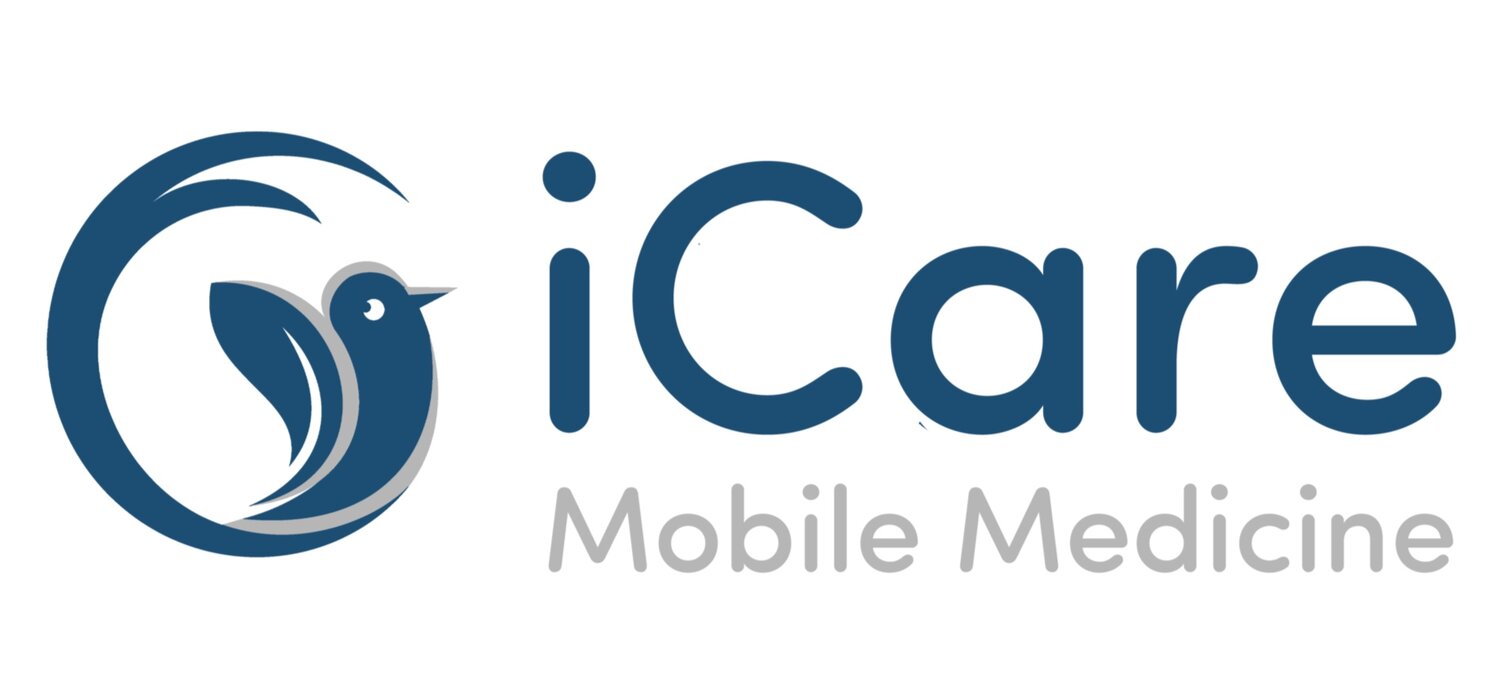Itchy skin (pruritus)
Itchy skin is an uncomfortable, irritating sensation that makes you want to scratch. Also known as pruritus (proo-RIE-tus), itchy skin is often caused by dry skin. It's common in older adults, as skin tends to become drier with age.
Depending on the cause of your itchiness, your skin may appear normal, red, rough or bumpy. Repeated scratching can cause raised thick areas of skin that might bleed or become infected.
Many people find relief with self-care measures such as moisturizing daily, using gentle cleansers and bathing with lukewarm water. Long-term relief requires identifying and treating the cause of itchy skin. Common treatments are medicated creams, moist dressings and oral anti-itch medicines.
Symptoms
Itchy skin can affect small areas, such as the scalp, an arm or a leg, or the whole body. Itchy skin can occur without any other noticeable changes on the skin. Or it may be associated with:
Redness
Scratch marks
Bumps, spots or blisters
Dry, cracked skin
Leathery or scaly patches
Sometimes itchiness lasts a long time and can be intense. As you rub or scratch the area, it gets itchier. And the more it itches, the more you scratch. Breaking this itch-scratch cycle can be difficult.
When to seek care
See your doctor or a skin disease specialist (dermatologist) if the itching:
Lasts more than two weeks and doesn't improve with self-care measures
Is severe and distracts you from your daily routines or prevents you from sleeping
Comes on suddenly and can't be easily explained
Affects your whole body
Is accompanied by other signs and symptoms, such as weight loss, fever or night sweats
If the condition persists for three months despite treatment, see a dermatologist to be evaluated for skin disease. It may also be necessary to see a doctor who specializes in internal medicine (internist) to be evaluated for other diseases.
Resources:
